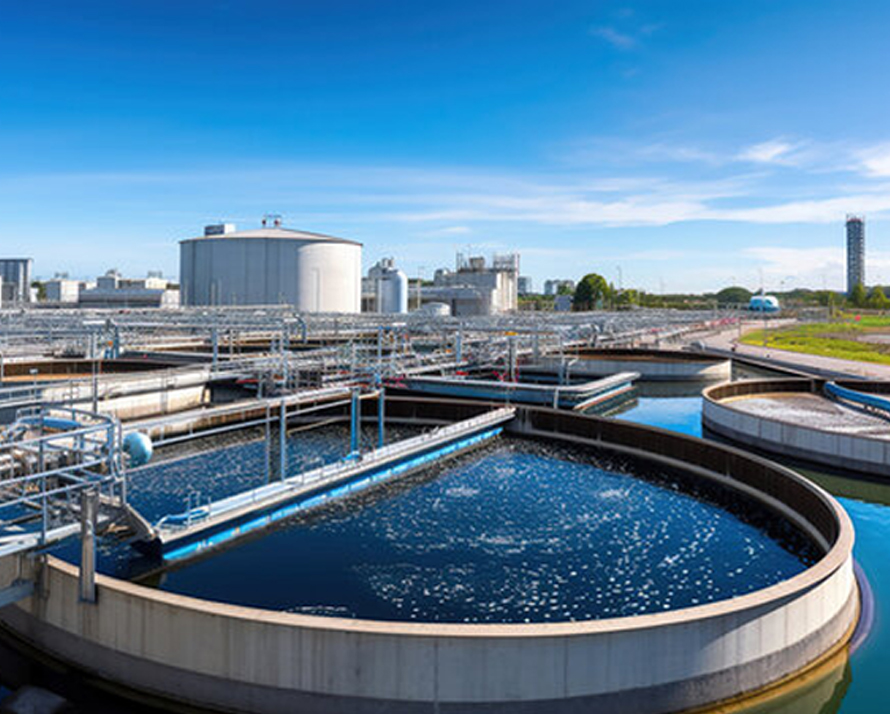EFFLUENT TREATMENT PLANTS (ETP)







EFFLUENT TREATMENT PLANTS (ETP)
An Effluent Treatment Plant (ETP) is a specialized system designed to treat industrial wastewater, ensuring that it meets environmental standards before being reused or safely discharged. Industries generate large volumes of wastewater containing harmful pollutants such as heavy metals, toxic chemicals, oils, grease, organic and inorganic substances, which, if released untreated, can pose serious environmental hazards, contaminating water bodies and affecting human and aquatic life. The ETP process involves multiple treatment stages, including preliminary, primary, secondary, and tertiary treatment, where various physical, chemical, and biological methods are used to remove impurities. Preliminary treatment focuses on removing large debris, sediments, and floating materials that could hinder subsequent processes. Primary treatment involves sedimentation, coagulation, and flocculation to remove suspended solids, oil, and grease. Secondary treatment uses biological processes such as activated sludge, aeration, and biofilters to break down organic matter and eliminate harmful microorganisms. Finally, tertiary or advanced treatment includes filtration, reverse osmosis, disinfection, and chemical treatment to ensure that the treated water meets regulatory standards.